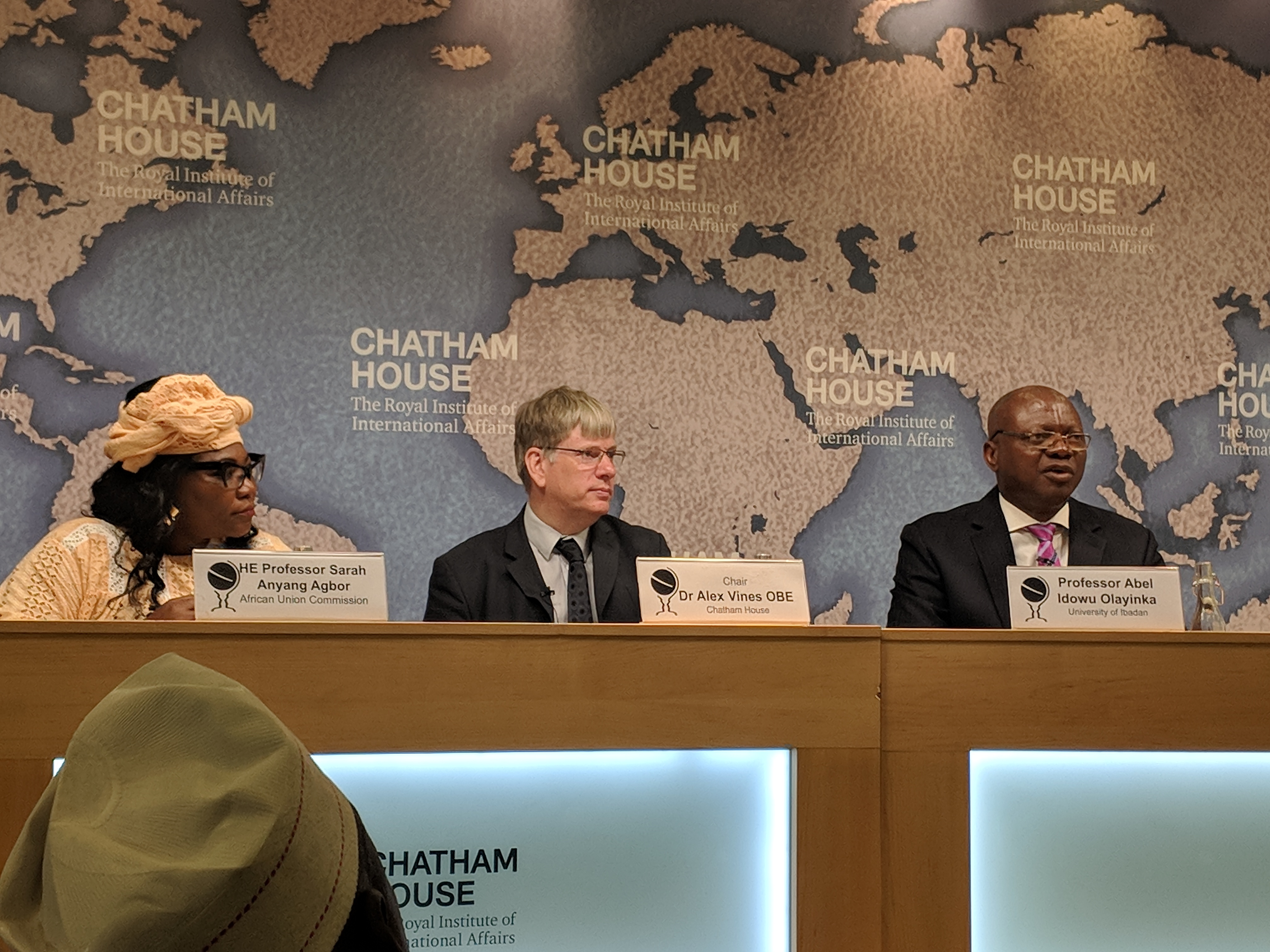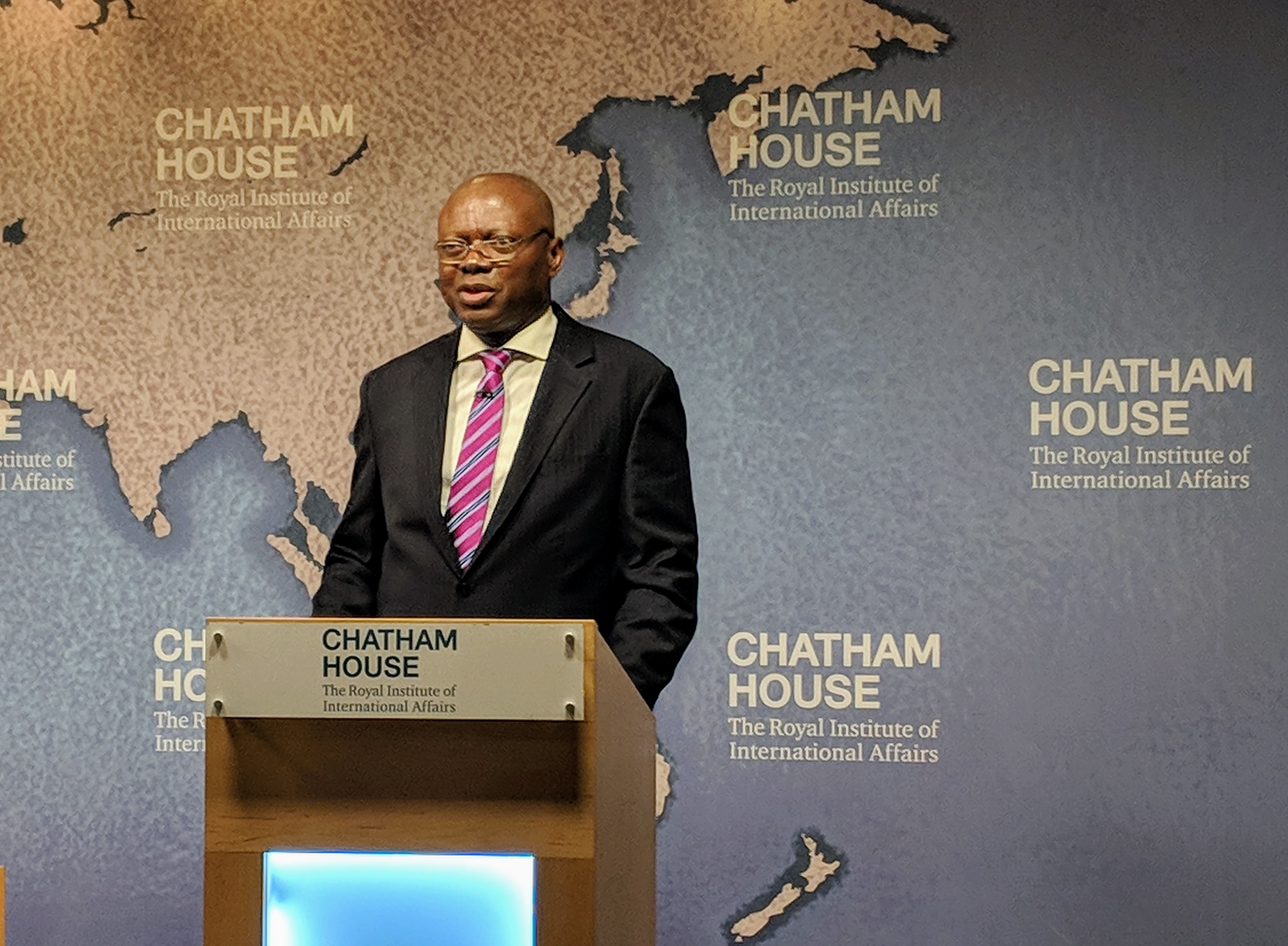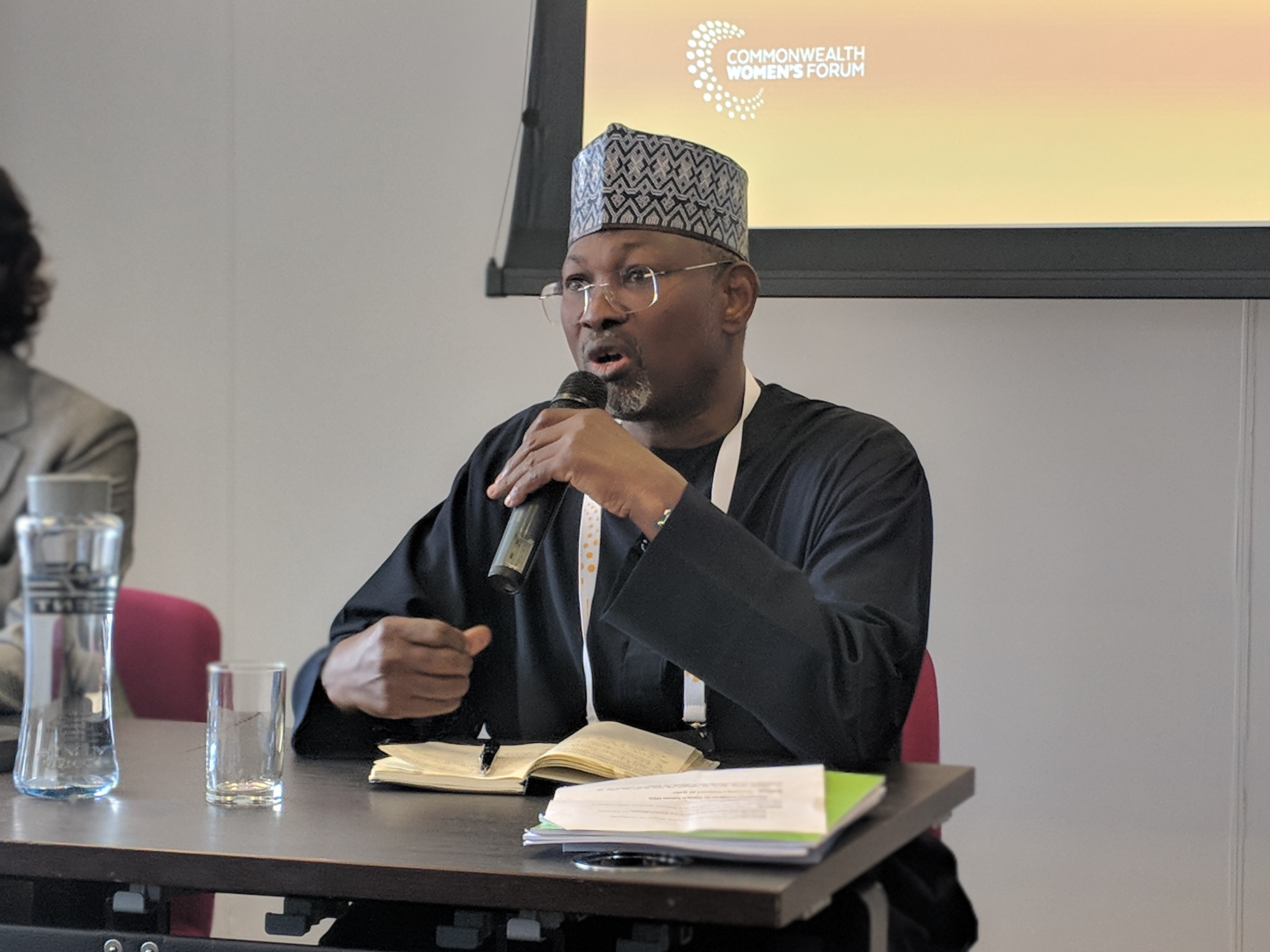Idowu Olayinka, the vice chancellor of the University of Ibadan, says less than six percent of secondary school leavers get into universities in Nigeria.
Speaking at Royal Institute of International Affairs, Chatham House, UK, on Thursday, the vice chancellor said for Nigeria to develop sustainably, the country has to do more in investing in its tertiary education.
“We know that higher education is not only generally significant for development but tertiary education is the driver for development in the contemporary world,” Olayinka said.
“Most countries of the world, whether developed or developing have to take higher education seriously because you cannot really achieve much if your higher education system is mediocre.
Advertisement
“How do we provide tertiary education for our teeming youths who finish from secondary school? In Nigeria, not less than 1.5 million seek university admission every year.
“But it turns out that all the universities together, have a carrying capacity of barely 300,000 or let us say 600,000. All the rest, where do they go to?
“Some people will think that university population is increasing, but the truth of the matter is that the gross enrolment ratio when you look at those who finished from secondary school, the number who are able to transit to higher education is still very small compared with the rest of the world.
Advertisement

“For Nigeria, it is less than six percent, which is the average for sub-Saharan Africa, but in the developed world, it is in the order of 60 percent.”
He said the university is working on gender parity, stating that the admission of undergraduates is almost at 50-50 between males and females, but adds that only about 27 percent of our academic staff are female.
Olayinka said the university is preparing students for the world of work: “we don’t teach them what to think but just to be able to think them how to think,” adding that from the 2017/2018 session, critical thinking has become an important course at the university.
Sarah Agbor, commissioner for human resources, science, and technology, African Union Commission, who also spoke on the theme of the Chatham event “Higher Education and Demographic Growth in Africa” said policymakers and academics on the continent must improve the connection between town and gown.
Advertisement
She said it has become a trend for employers to complain that African graduates are unemployable, calling for an end to the mismatch of what the schools teach and what the industry needs.
The event, which was to mark the 70th anniversary of the University of Ibadan, was chaired by Alex Vines, research director, area studies and international law; Head, Africa Programme.
In attendance was Abdullahi Ganduje, governor of Kano state; George Umo, Nigeria’s ambassador to the Vatican; UI alumni from across the world.
Advertisement
Add a comment







